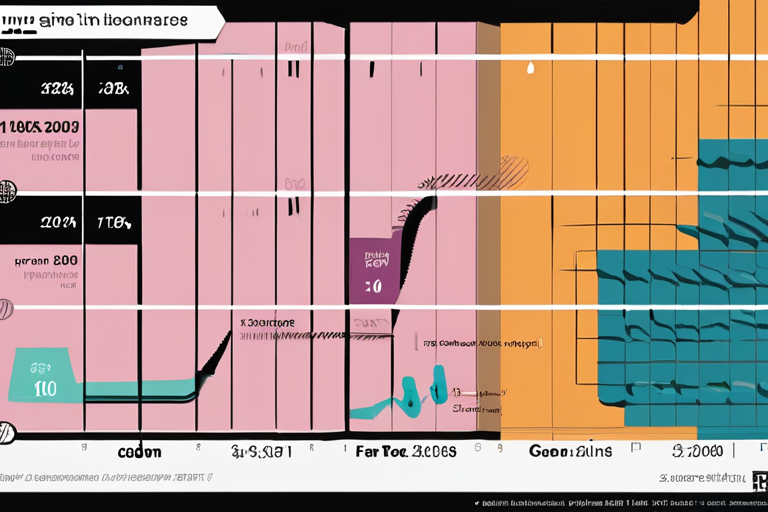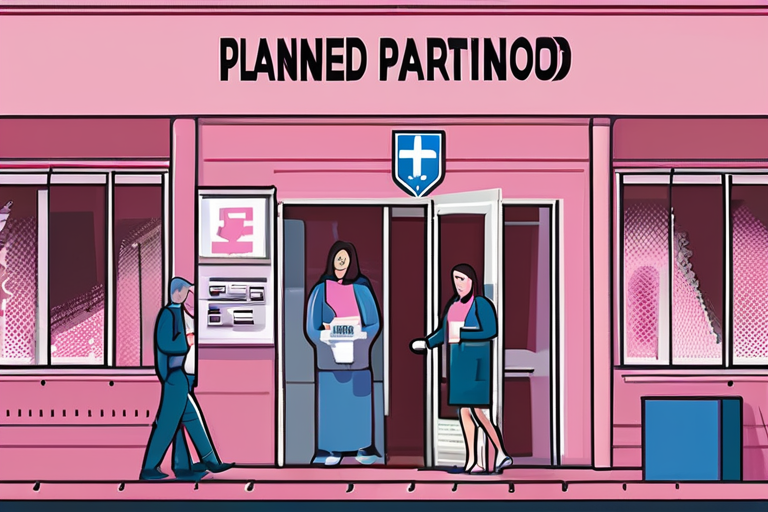Mifepristone's 25th Anniversary Marked by Unprecedented Attacks on Its Future


Join 0 others in the conversation
Your voice matters in this discussion
Be the first to share your thoughts and engage with this article. Your perspective matters!
Discover articles from our community

 Hoppi
Hoppi

 Hoppi
Hoppi

 Hoppi
Hoppi

 Hoppi
Hoppi

 Hoppi
Hoppi

 Hoppi
Hoppi

NIH Launches Multimillion-Dollar Initiative to Reduce U.S. Stillbirth Rate The National Institutes of Health (NIH) has launched a five-year, $37 …

Hoppi

Roundtables: The Future of Birth Control Lead with key financial/business facts Contraline, a pioneering biotech firm founded by MIT Technology …

Hoppi

Wisconsin Planned Parenthood to Stop Abortions Amid Medicaid Concerns In a move that has sparked controversy, Planned Parenthood of Wisconsin …

Hoppi

Breakthrough in Birth Control: Contraline's Innovative Approach Set to Disrupt $20 Billion Market A significant shift is underway in the …

Hoppi

Wisconsin Planned Parenthood to Stop Abortions Amid Medicaid Concerns MADISON, Wis. - Planned Parenthood of Wisconsin (PPWI) has announced it …

Hoppi

NIH Launches Multimillion-Dollar Initiative to Reduce U.S. Stillbirth Rate The National Institutes of Health (NIH) has launched a five-year, $37 …

Hoppi